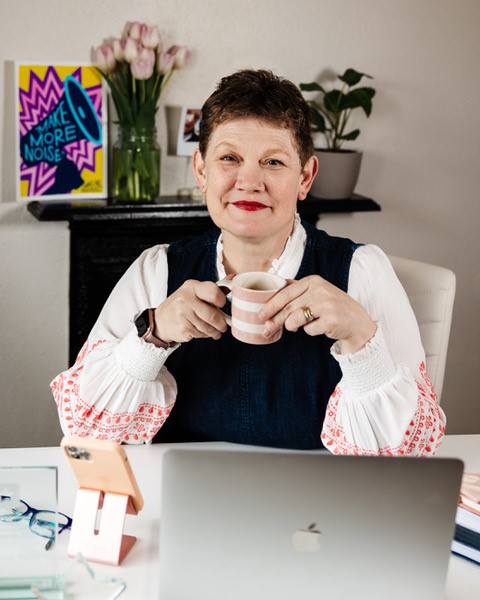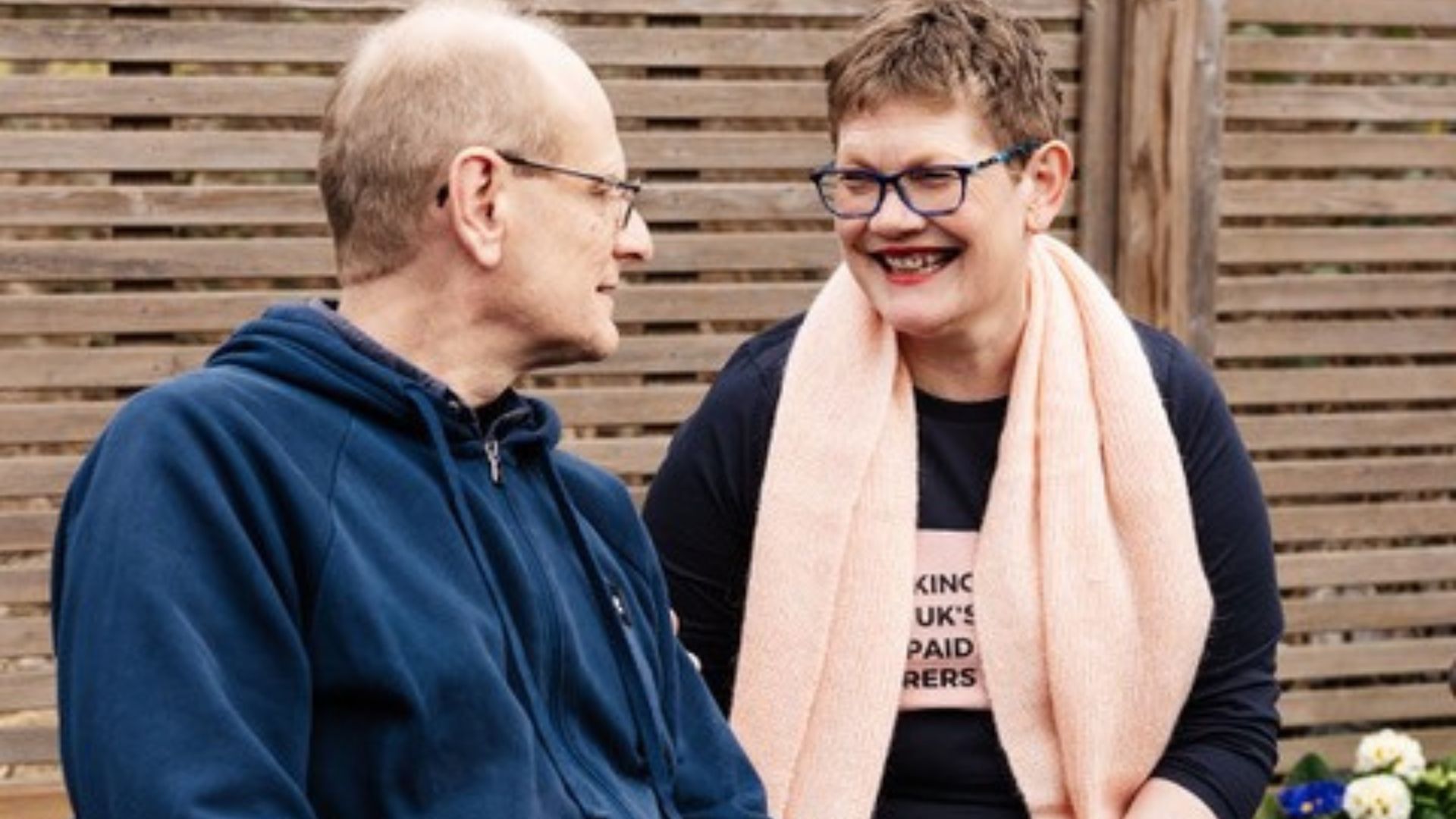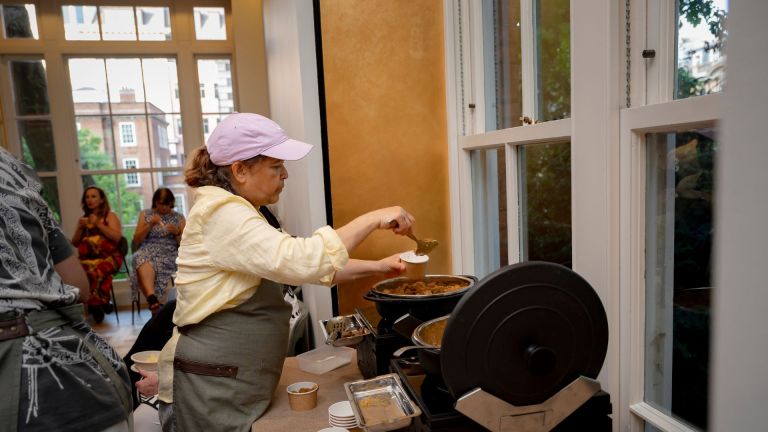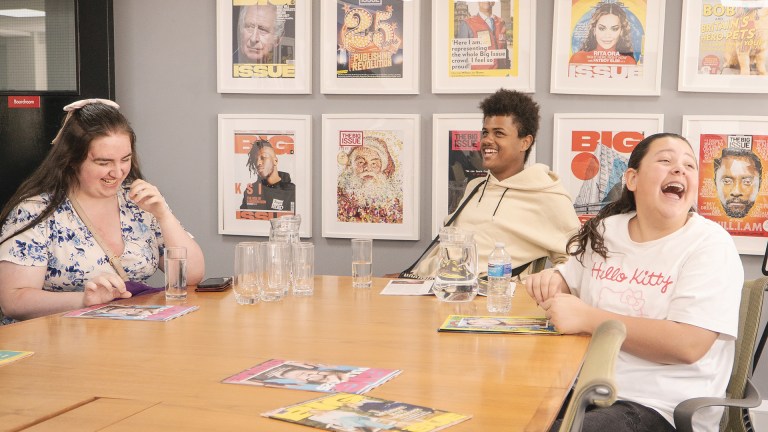I currently receive Carer’s Allowance which is £76.75 a week. It’s given for 35 hours of care but caring isn’t like that; I care for my husband full-time. There is no one else to take over after my ‘shift’ ends, no one else to cover my annual leave; it’s solely down to me. And how much does the government, through Carer’s Allowance, value me at? Just over £10 a day; dog walkers get more than that for a single hour of their time.
It’s really no wonder that many carers live in poverty. I’m one of the lucky ones because I do qualify for Carer’s Allowance; lots of people don’t; including young carers, carers who are in full-time education, carers who reach retirement age and carers who are also in paid employment.
There are other impacts of caring too; from the physical toll of having to lug wheelchairs in and out of cars to the emotional toll of being so isolated and never being able to do anything spontaneously.
Caring can feel incredibly lonely, despite the fact it’s estimated there are around 10 million unpaid carers like me across the UK looking after friends and loved ones. Most of us are women, too.
Despite caring being ubiquitous, caring is usually done behind closed doors; out of sight and out of mind of political leaders. That’s why earlier this year, the United Nations General Assembly adopted a new resolution, officially making October 29th the International Day of Care and Support which recognises the work of unpaid carers.
I founded the We Care Campaign in 2018 for similar reasons: because I wasn’t content with being invisible: out of sight and of mind, feeling that my identity and voice had been erased.
We Care is now an award-winning grassroots, volunteer-led campaign that amplifies the voices of unpaid carers to decision makers. We’re currently working with Oxfam Cymru and unpaid carers across Wales on a craftivism project to try to shine a light on unpaid carers’ voices, insights and needs.
Your support changes lives. Find out how you can help us help more people by signing up for a subscription
Together, we’ve been stitching our experiences of being unpaid carers onto ordinary yellow dusters, which we’re transforming into powerful, personal campaigning tools. We’re planning an exhibition of our dusters in the Senedd; hanging them up on a simple washing line, to represent how we as carers often feel hung out to dry by politicians and wider society.
The main feature of my duster is a heart. I’ve worked out that over my lifetime, I have provided the equivalent of 50 billion heart beats of care. That’s a lot for anyone. I’ve also included words about how much caring had actually cost me, financially, emotionally and physically.
Don’t get me wrong; I’d do it all again – looking after the people I love. But I’m just asking that someone, somewhere, who’s in a position of power sees my duster, hears my voice and removes the cloak of invisibility that shrouds unpaid carers. It’s time to make us valued and visible.
Katy Styles is a full time carer and the founder of the We Care, a grassroots, volunteer-led campaign that amplifies the voices of unpaid carers to decision makers.











